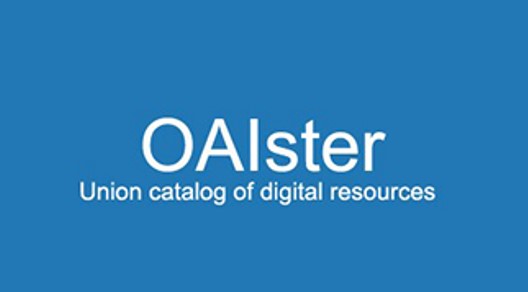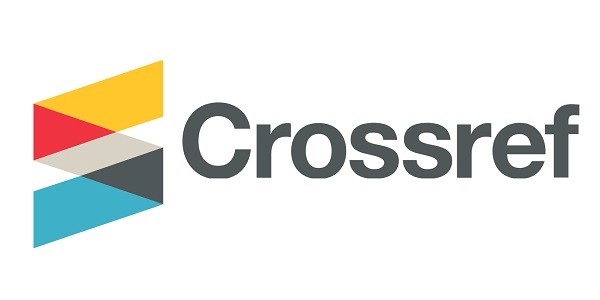The assessment of the key success factors for digital transformation based on MCDM method: The case study of an automotive company
DOI:
https://doi.org/10.5281/zenodo.7552619Keywords:
Technology, Smart devices, MCDM, innovation, Automotive.Abstract
Fostering development as a driving force of the economy, based on information and technology, is important for survival and is required in establishing strong relationships within the globalized world of business. Innovation and technological growth necessitate a network of interconnected organizational relationships between the public and commercial sectors. These firms' activities and relationships are the driving forces behind digital transformation. Following tactics are critical in businesses such as the automobile industry, which has complicated characteristics, costly, and time-consuming operations. Considering the business environment and recognizing success factors is a critical first step in implementing digital transformation strategies and preparing for technological advancement. The purpose of this essay is to assess the important success elements in the automotive industry's technological transformation. The Best-Worst approach was utilized in this article, which is regarded as one of the most prominent and effective MCDM strategies. The essential success elements of the technical transformation of the automotive sector in Morocco were identified based on a case study and a survey of the existing and relevant literature. The important success variables were then assessed and prioritized using the "Best-Worst" method and expert opinions. Finally, some recommendations are offered based on the study's findings.
Downloads
Published
How to Cite
Issue
Section
License

This work is licensed under a Creative Commons Attribution-NonCommercial-NoDerivatives 4.0 International License.





























